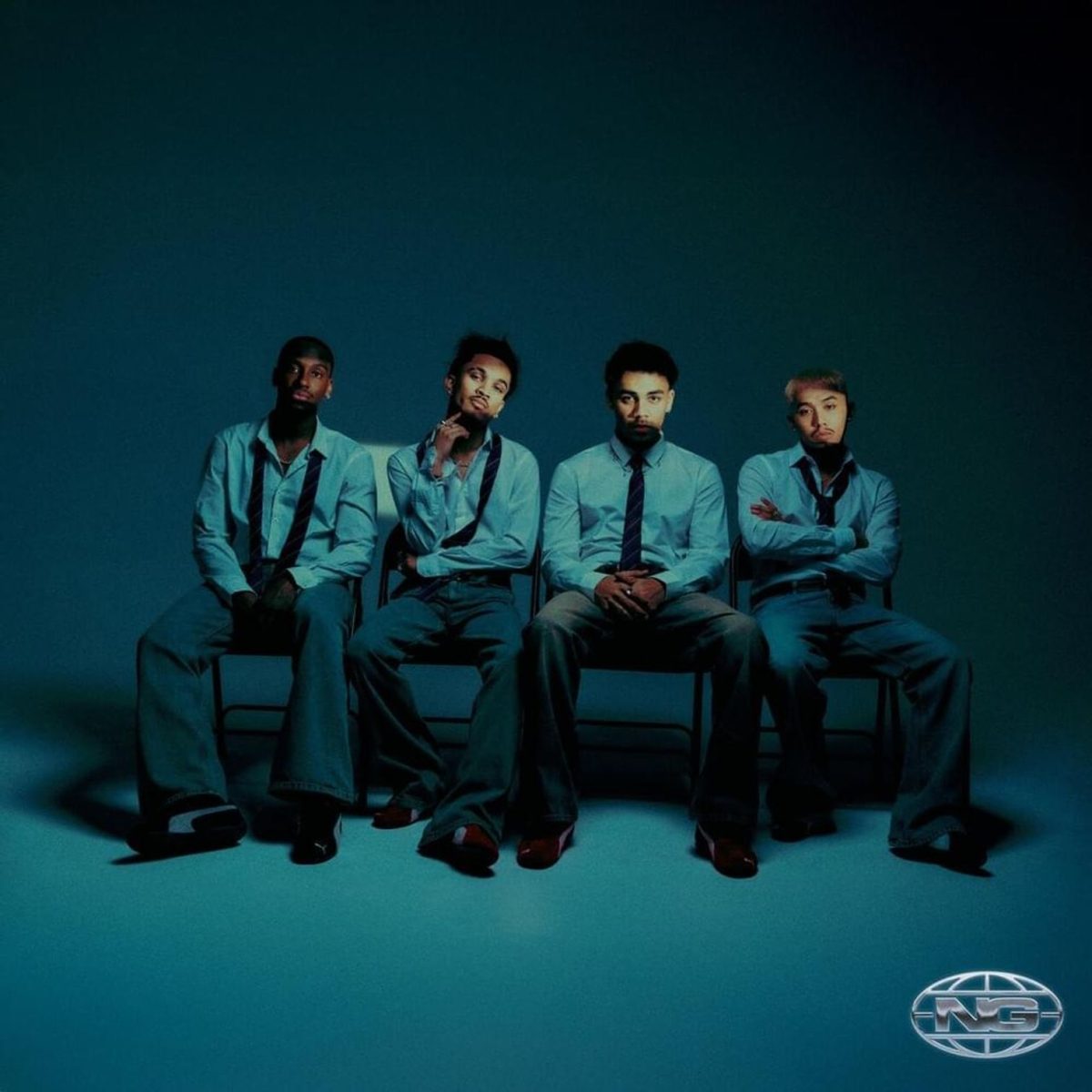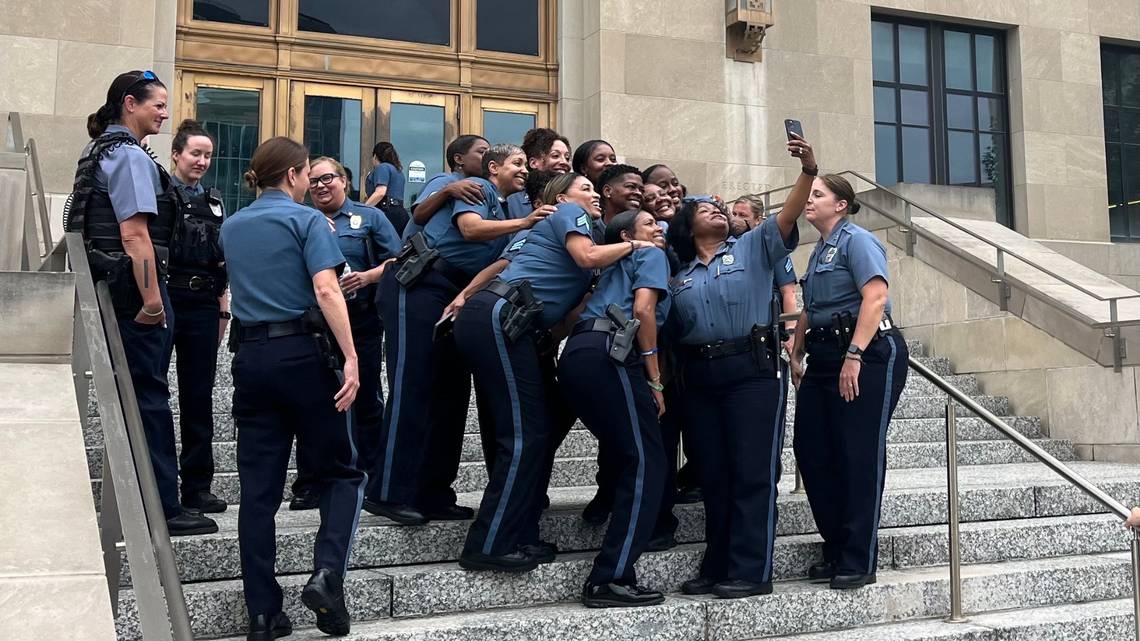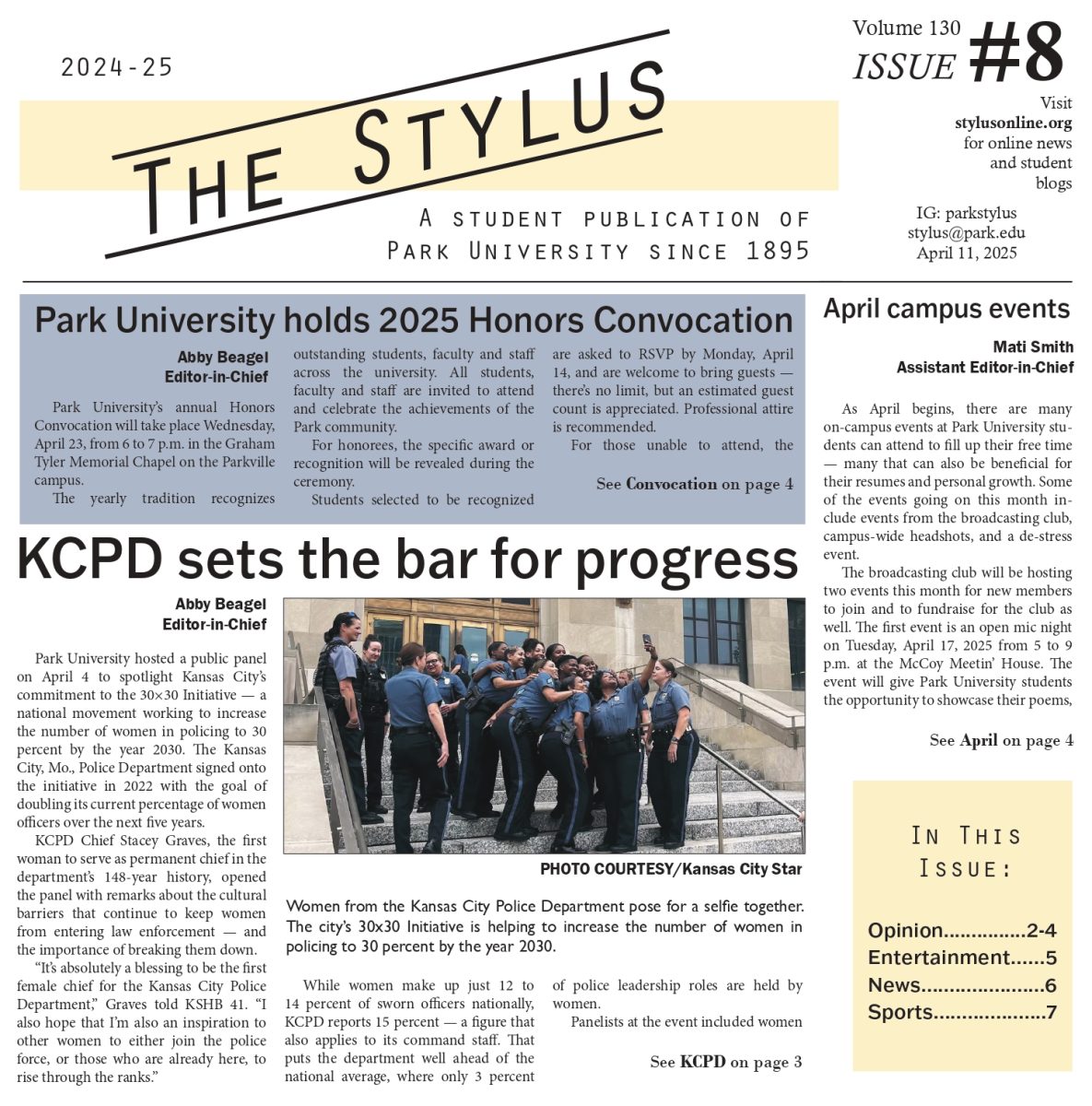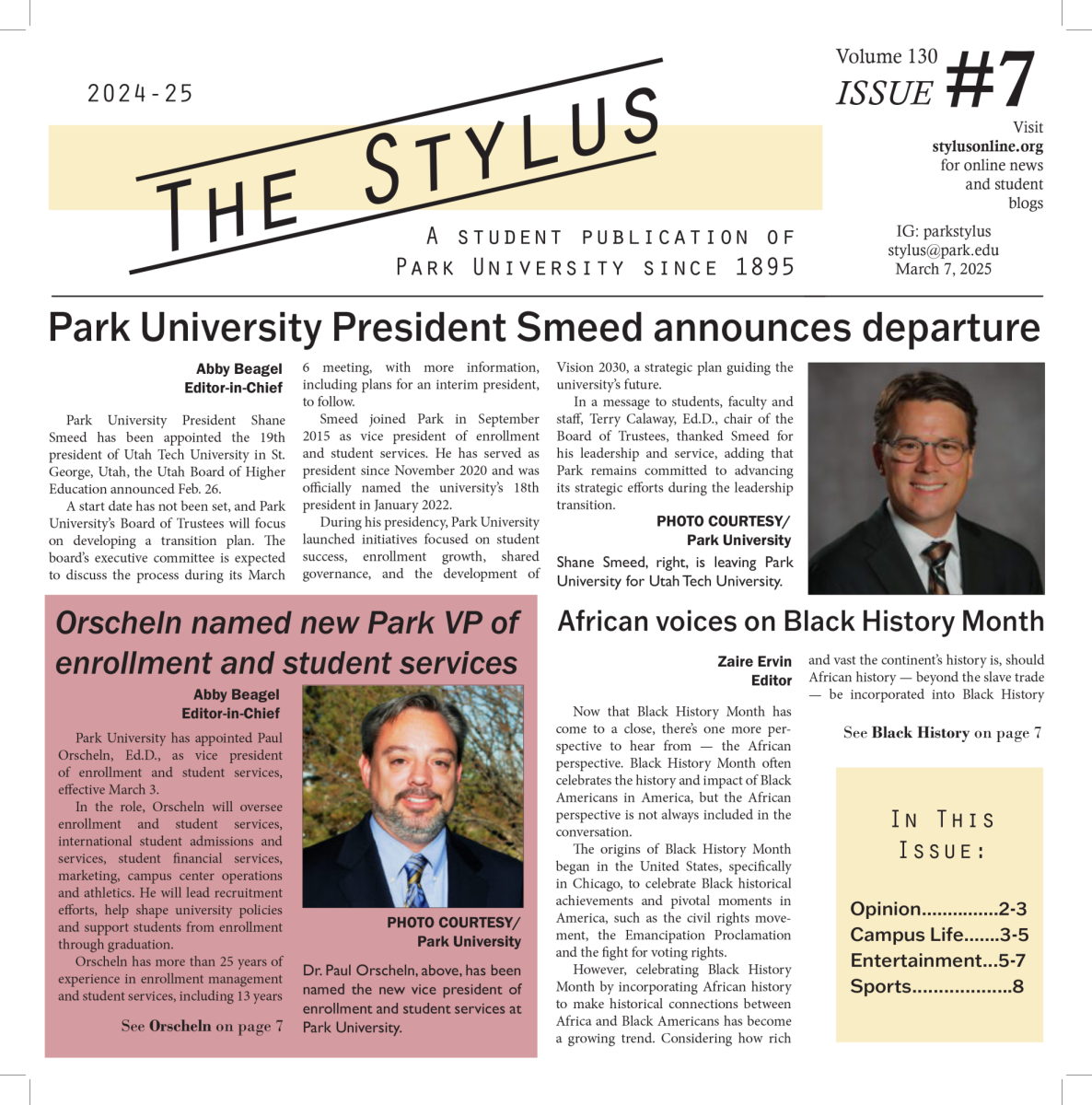Akouch Nyanthom says he chose Park University for convenience, reliability and full accreditation. Nyanthom is a South Sudanese-American student at Park. He left South Sudan in 1997 due to civil war in his country. He came to the U.S. in 2001and became a citizen six years later.
Before attending Park University, he has been a living and working in Kansas City, Mo., for more than a decade. After 10 years, he decided to go back to school for a degree in political science.
Nyanthom says availability of academic resources also brought him to Park. For example, he says, the library is open from 8 a.m. to 9:30 p.m. and the computer lab remains open for 24 hours. These enable him to do his assignments anytime.
He says another important thing he likes about Park University is that it offers more online classes. Hence, he chose to take all his classes online this semester. He says bad weather during winter disrupts the traditional classroom. Storm, heavy snow and rain, all interfere with face-to-face learning, he explains.
In addition, he says the online program is gives students the choice to be anywhere in the world. Although he is not physically present in the classroom, he participates in class discussion, does his assignments and passes his classes without meeting his professors, he says.
Nyanthom says the online program gives him freedom to study without driving to school.
Nyanthom says he believes his degree from Park University will open many job opportunities for him. Nyanthom worked for years but lacked a degree, hindering his career advancement, he says. Nyanthom says getting a degree may lead to a job promotion in the future. A
After his graduation, he will look for a teaching job. He says he wants to be a political science professor. According to Nyanthom, knowledge is power, wealth and prestige. Therefore, teaching can be his intellectual contribution to the community, he says.
“I understand political science is a very disciplined subject that addresses the function of governments and political parties, and therefore, I would enjoy teaching such a subject,” says Nyanthom.
As a hypothetical professor, Nyanthom says he would want his students to understand core principles of politics: government, political parties, campaign, elections and policies. He says understanding these political concepts allows the students to be become politically active in society.
“To be legitimate government, the government must provide security, deliver services to its citizens, education, clean drinking water and healthcare,” Nyanthom says.
Nyanthom says it’s important for students to keep learning about their political system, and that it’s always changing. Moreover, Nyanthom believes legitimate government must protect its citizens.
Nyanhom is not only interested in teaching, but also wants to work with humanitarian agencies. He says he is planning to work with Non-Governmental Organizations (NGO) in Africa. Nyanthom says working with NGO’s is important to him because he needs to help people who have been displaced, neglected, abused, or abandoned. He says he worked with NGO’s when he was in Kenya. His team went to South Sudan in order to rescue people, he says. Nyanthom says he will continue to save lives of those who are victims of wars, floods, or famine.
“I will feel relief when helping war victims and people with special needs,” Nyanhom says.
Before coming to the US, Nyanthom says his personal life was touched by those who cared about their fellow humans. During the war, he left his country and took refuge in Kenya. Consequently, he became a refugee for three years.
For those years, the United Nations provided food and protected the refugees, he says, and maize, wheat, bean and lentils were distributed every two weeks – even though often the provisions only came once a month. This led to food shortages, he says.
Nyanthom was a former refugee himself, and says he wants help new refugees cope with their issues. He says these people may be worried about family separations, injuries or deaths. It takes courage to overcome these challenges, he explains.








